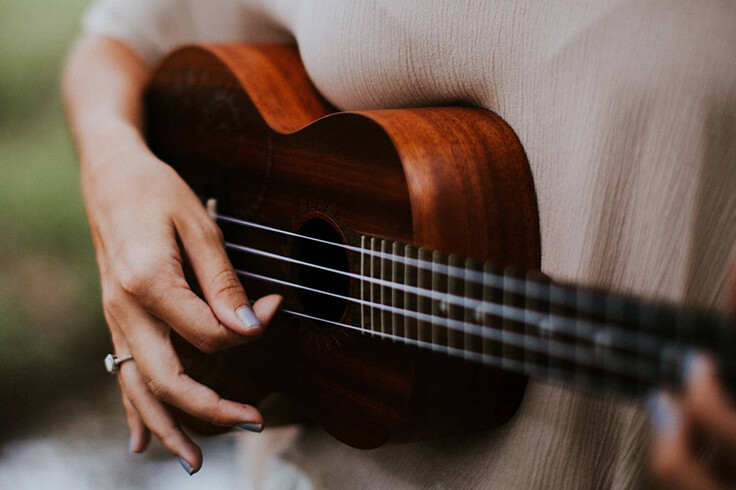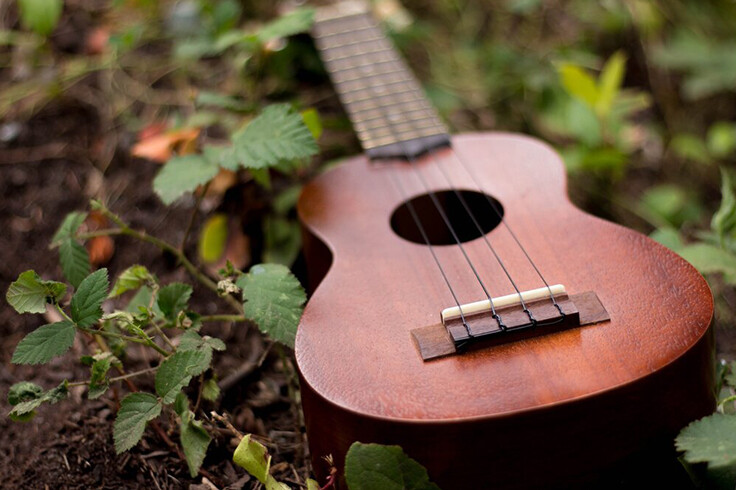
Just like any other instrument, ukulele is probably one of the most common instruments liked by many beginners. But just like a person or any other delicate things, you have to keep in mind that ukulele needs similar care. If you have been assuming that you don’t have to invest time on maintaining then you are wrong. With your first step of enrolling in the ukulele class Singapore, make sure you pay attention to its maintenance and care.
Just because ukuleles are small, it does not mean that you do not have to put effort on them. From the sunlight to the oil present on the fingers to the humidity in the air to the accidents that might occur, ukulele is always prone to some unimaginable hazards.
If you are willing to improve the lifespan of your ukulele, whether it is made from solid wood or laminated, you need to make sure that you are following these few maintenance and care tips.

So, what are those?
The prime reason for suggesting this is that if you are gripping the instrument properly, you are actually working preventing the instrument from dropping on the floor. Different types of damage can happen if the instruments slip or fall from your hand that includes scratches that cannot be repaired, dents, breakage in the body and neck, detachment of saddle or bridge, tuning issues and the different types of scenarios which will not make you happy.
This is the reason why it is always advised to treat the ukulele as your child and grab it properly to ensure it won’t fall. Dropping can result in irreparable damage and hence make sure you are working from the very first moment of grabbing it properly for a great outcome.
Remember to use a ukulele case when you are taking it to the ukulele class Singapore.
If you are using the pick, you need to make sure that you are not directly touching the body of this instrument. This is especially true while you are trying to strum it harder for which it might cause some ugly scratches. However, when you make improper placement and you are thinking of removing the capo, you can find neck dents.
When you are placing the capo, you need to make sure of widening the clamp properly to ensure prevention from making some rough contact with its neck. While you are removing the capo, make sure you are fully unclamping it before you try to pull it off.
Ukulele are one of those instruments that is proper to developing grease from the natural oil and dirt from the hands. This, as a result, makes the instrument sticky and becomes impossible to play. If you don’t want this to happen, you need to ensure that you are cleaning the instrument after every session.
If you are not knowing the way to wipe it, you can simply use a microfiber cloth for removing the dust and dirt in the instrument. While you are removing the dried oil and grime build up, you can make use of a clean cloth that is slightly dampened to ensure removing the marks of smudges on its body.
Now using another clean and dry cloth, you can dry it. If you have just made a glossy finish or have just painted you can make use of the polish products to maintain its glossy appearance.
The fingerboard present in the ukulele is really hard to clean. If you are able to find the wire wool, it is simply the best, otherwise, microfiber cloths are great at cleaning. Make sure you are rubbing the finger board carefully with the clean cloth for removing the oil and dirt. Also slip it underneath the strings for a meticulous cleaning.
The strings in the ukulele do not really deteriorate easily like the guitar strings. However, since there are still some chances left for picking oils, make a habit of wiping the strings and the board after every session. Every time after you are done with the ukulele lessons Singapore, you must wipe it.
Irrespective of the instrument that you are playing, you must be mindful about the way and place you store. You must know that the climate and ambiance of the place where you are storing have a huge impact on its maintenance.
You should make sure of not storing the ukulele near the heater, radiator, oven, fireplace, in some place with direct contact with Sunlight or in your cat. You must know that direct heat can have an impact on the ukulele and its wood as it is prone to breaking and cracking.
Also make sure you are not placing it in a place where it can fall and hence have a safe storage place with room temperature. Also keep it away from contact with liquids.

The reality is, there is no hard and fast rule that says about the frequency that you need to maintain for restringing. This is completely up to you. But then again you should never put the instrument to the test and keep changing the strings if you find even the slightest bits of uncomforting and change. You can seek help from the experts of ukulele lessons Singapore.
All you need is to rub your fingers on the strings to look for grooves or nicks. These cuts or notches are mostly witnessed due to the pressure applied from natural stretching or fret. These changes can have a direct effect on the intonation and tuning and signals of breaking.
You might sometimes find that even the new strings sometimes go out of tune as they are still stretching and therefore you have to give the time, but yes, if you are not able to get the best sounds, you definitely need to think of restringing.
Well, these are some of the most common things that you need to know before you are going for the ukulele lessons Singapore. Care and maintenance is of utmost importance to maintain its looks and rhythm.